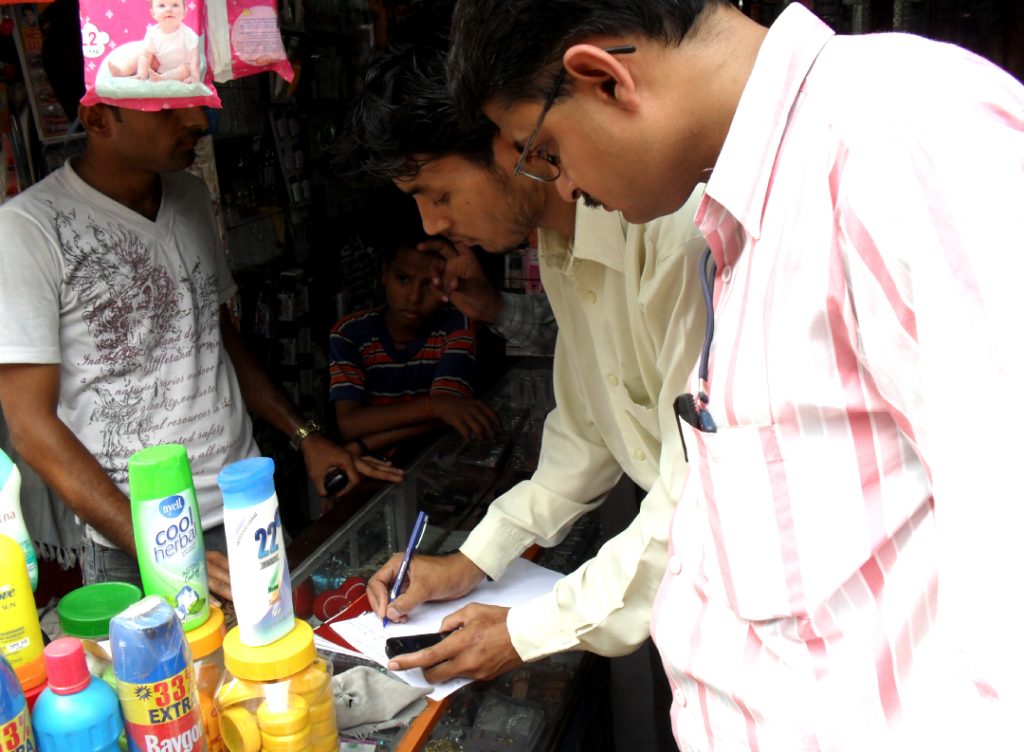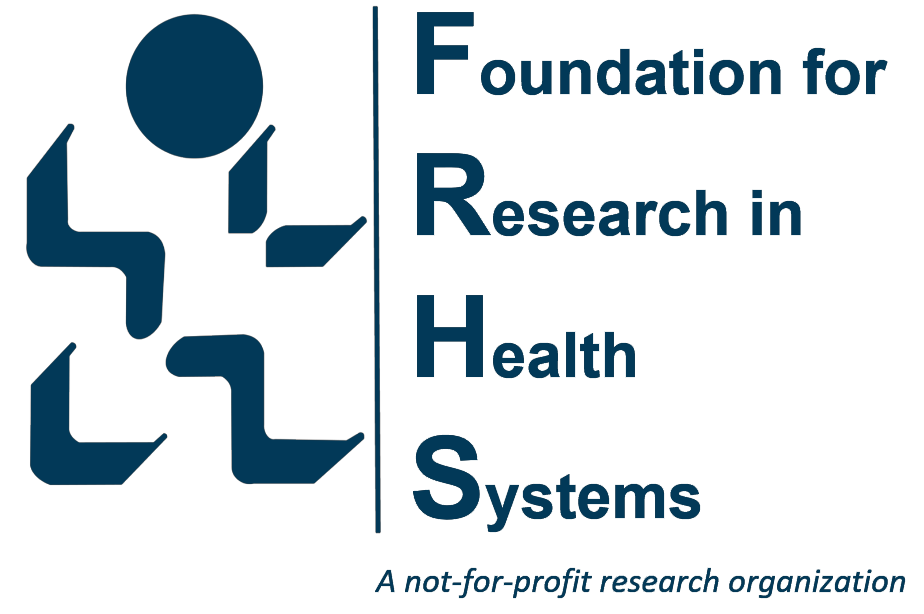Designing and Implementing Integrated HMIS in Urban Health Initiative
The project aimed at significantly improving the contraceptive prevalence in slums of 11 districts in Uttar Pradesh by increasing the number of service facilities including commercial outlets, expanding contraceptive choice to clients, improving service quality, strengthening communication program, and appointing peer educators to motivate and support those wanting to accept contraceptive methods. The project included a strong monitoring and evaluation component to provide timely data to project managers to help in data based decision making.

FRHS collaborated with the project management team to develop a databased management system that captured as much of disaggregated service and provider data as possible; store the data, and to create monthly key performance reports for all districts. In addition, FRHS independently obtained feedback from married women of reproductive ages, FP clients getting services, and observed outlets selling contraceptive products to validate the project data.
Project's Specific Objectives

Mapping of service delivery points (SDP) and social marketing outlets (SMO)

Creating databases required to monitor inputs and outputs under each strategy

Periodically gathering information on service quality and uptake from clients’ perspective

Back to Information System & HMIS

